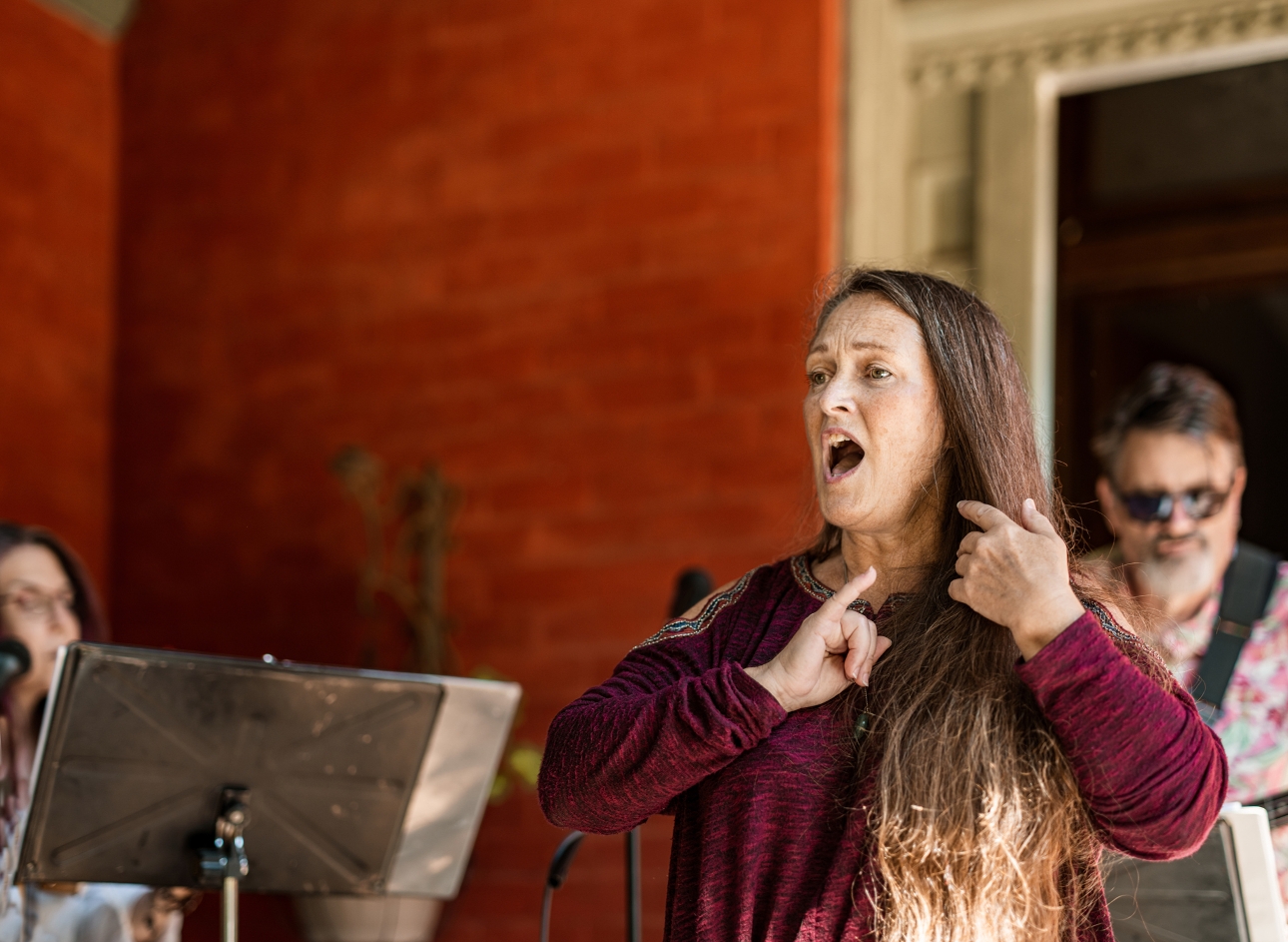Curds Hall Barn is a 17th-century venue set within 12 acres of parkland
Curds Hall Barn is set within 12 acres of parkland and is surrounded by...

Planning a wedding can be challenging, especially when there are so many decisions to be made and so many things to be considered. Whilst this is your big day, considering your guests can go a long way, especially for those who have disabilities or are hard of hearing.
In the UK, one in five adults is deaf, has hearing loss or tinnitus, so the likelihood of having someone who may need additional help when it comes to hearing in attendance is quite likely. Ashish Shah, Audiologist at The Hearing Care Partnership has offered his expert advice on how you can better accommodate your deaf and hard-of-hearing guests.
1. Ask them!
"If you are not someone that is deaf or hard of hearing, you are going to have a difficult time working out what those that are need. The best way to find out is to ask them. Don't be afraid of this coming across as rude, because it is completely the opposite, making sure they have the best, most inclusive experience at your wedding will only be received positively." "Asking them will better help you address and accommodate their needs. For example, if they are a lip reader, then you may consider sitting them closer to the front during the service, and closer to the head table so they can better lip read the speeches."
2. Give them the option to bring a plus-one
"Many people with little or no hearing use sign language to communicate, and many have friends or family that are also fluent in sign language. Giving deaf guests the option to bring a plus-one will mean that they could bring someone along that could translate for them throughout the day." "Not only is it useful to have someone that can interpret for them, but if they don't know anyone at the wedding, then at least they have their plus one they can clearly communicate with. Being deaf can be socially isolating at times, especially in large groups or occasions where you aren't familiar with other guests."
3. Print out the service and speeches
"If you are unable to seat your deaf and hard of hearing guests closer to the front, or they don't have someone that can translate in sign language for them, they might appreciate printed versions of both the service and any planned speeches. Knowing what is being said and being able to later refer to certain comments or jokes in conversation will help them feel much more included."
4. Find out if your venue has a looping system
"Whilst you won't be expected to choose your venue based purely on the knowledge of them having a looping system or not, finding out and letting your deaf or hard of hearing guests know in advance would be very considerate. Many public buildings such as churches will often have a loop system installed, so you may end up selecting a venue with one in place without even realising. " "A looping system enables hearing aids and cochlear implants to better pick up sound from microphones or sound systems whilst cutting out any unwanted background noise. Letting your guests know in advance will allow them to come to the wedding without the anxiety of wondering if they will be able to hear the service or not."
5. Hire a sign language interpreter
"Whilst it may feel like a big ask, hiring a sign language interpreter would mean the world to your deaf guests. Not only does it make it clear that you want them to have the best possible day but it will make them feel as included as every other guest. Being deaf or hard of hearing can be quite isolating, especially if you are unable to join in conversations about the event, so being able to understand what is said during the ceremony in real-time, is somewhat of a luxury to those who are unable to hear."
Visit thcp.co.uk for more information about their expert care hearing services.
